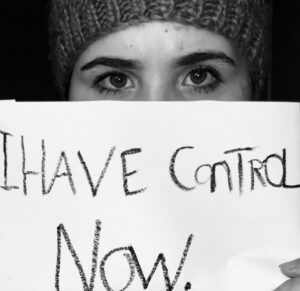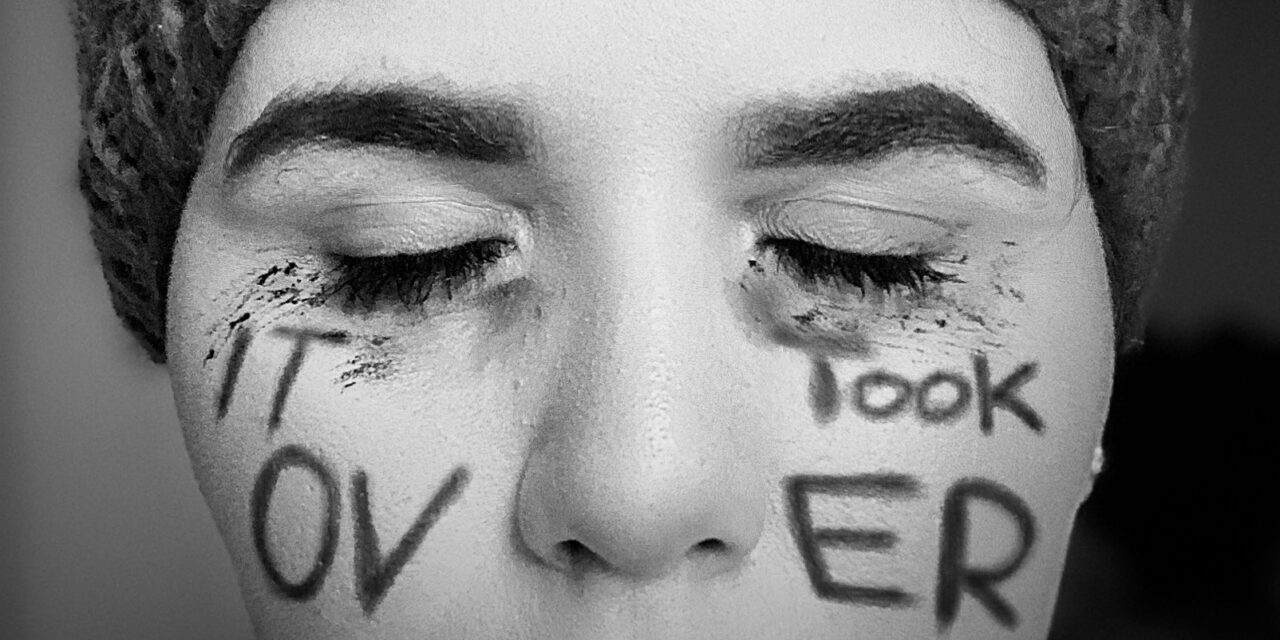“I wanted to die” were the words of Natacha Oceane, an ex-binger, while sharing her journey into recovery on her Youtube Channel. Guilt, shame, insomnia and hatred were the words she used to describe her emotions when dealing with Binge-eating Disorder (BED).
Just like Natacha, many women and men suffer from BED. According to the Healthline, it is estimated that binge eating is the most common eating disorder. 2,5 million people in America alone suffer from BED. However, even though it is a very common disorder, BED is still wrongly stigmatised by many, seen as an excuse or another made-up disease.
‘Is binge eating disorder a real problem or is it just an excuse’ was the title of one of the discussions I read online. Many ex-bingers shared their experiences when dealing with this assumption. “binge eating disorder is a serious disorder and as a person who has struggled with binge eating disorder, I can restate that it is definitely not just an excuse. It is real, and damages you mentally, emotionally, and physically” wrote an ex- binger. BED does come with many health problems and the health risks associated with BED are serious. Eating Recovery Center shares the most common health risks, being, emotional and mental distress, type II diabetes mellitus, heart disease, high cholesterol, high blood pressure and weight gain and/or obesity. To understand BED and its effects better, I talked to Roos, a freelance nutritionist specialized in eating disorders and Anna, someone who dealt with BED for over 4 years.
“As a nutritionist, I dealt with many patients who suffered from binge eating disorder. A recurring symptom of the disorder is the numerous episodes patients experience. During a binge episode, a person loses control over their eating, resulting in large consumptions of food in a short period”. These episodes are unhealthy and dangerous and are the direct cause of health implications. “We often see that binge eating disorder can be triggered by change. When people experience change and uncertainty these negative emotions can trigger BED. However, the exact cause of binge eating disorder is unknown”
Just like change, some other influences can trigger BED. According to Roos, there have been correlations between some factors. “What I often see is that people who are either biologically or mentally in a vulnerable state modify to compulsive eating. Think of depression, low self-esteem, hormones or traumatic experiences.”
Other symptoms of BED are weight fluctuation, rapid and uncontrollable eating, insomnia, depression, body dissatisfaction, feelings of guilt, shame, social isolation and loss of sexual desire. Roos explains that these symptoms not only affect a person’s mental and physical state but can also be a malefactor of your social life. Dealing with shame, guilt, body dissatisfaction can influence behaviour. “With BED we often see the effect it has on people socially. Often withdrawing themselves from their social contacts. Closing themselves off from the outside world. It starts by isolating themselves to consume food alone, often in a place where they feel most comfortable.”
To understand the effect BED can have on someone’s life, I interviewed Anna. Anna dealt with BED disorder for over four years and is now ready to share her story.





